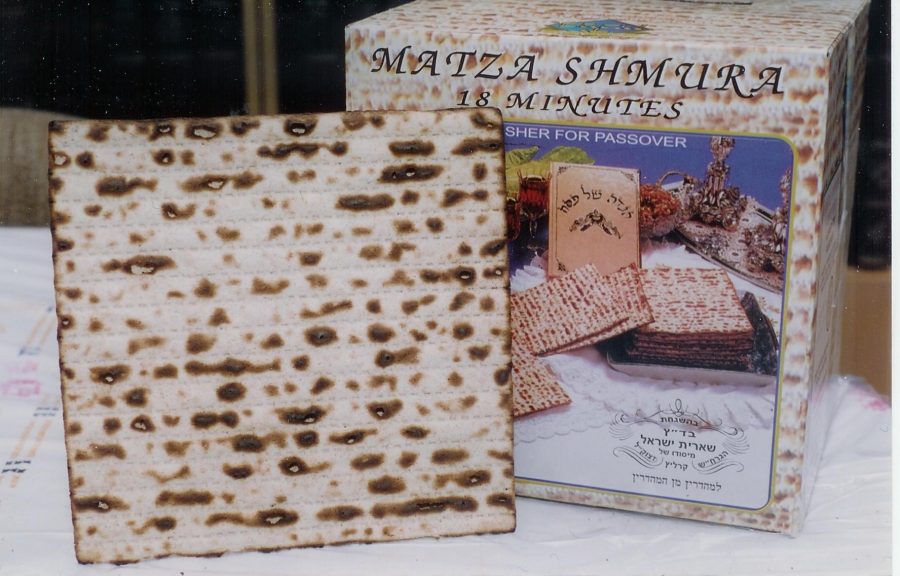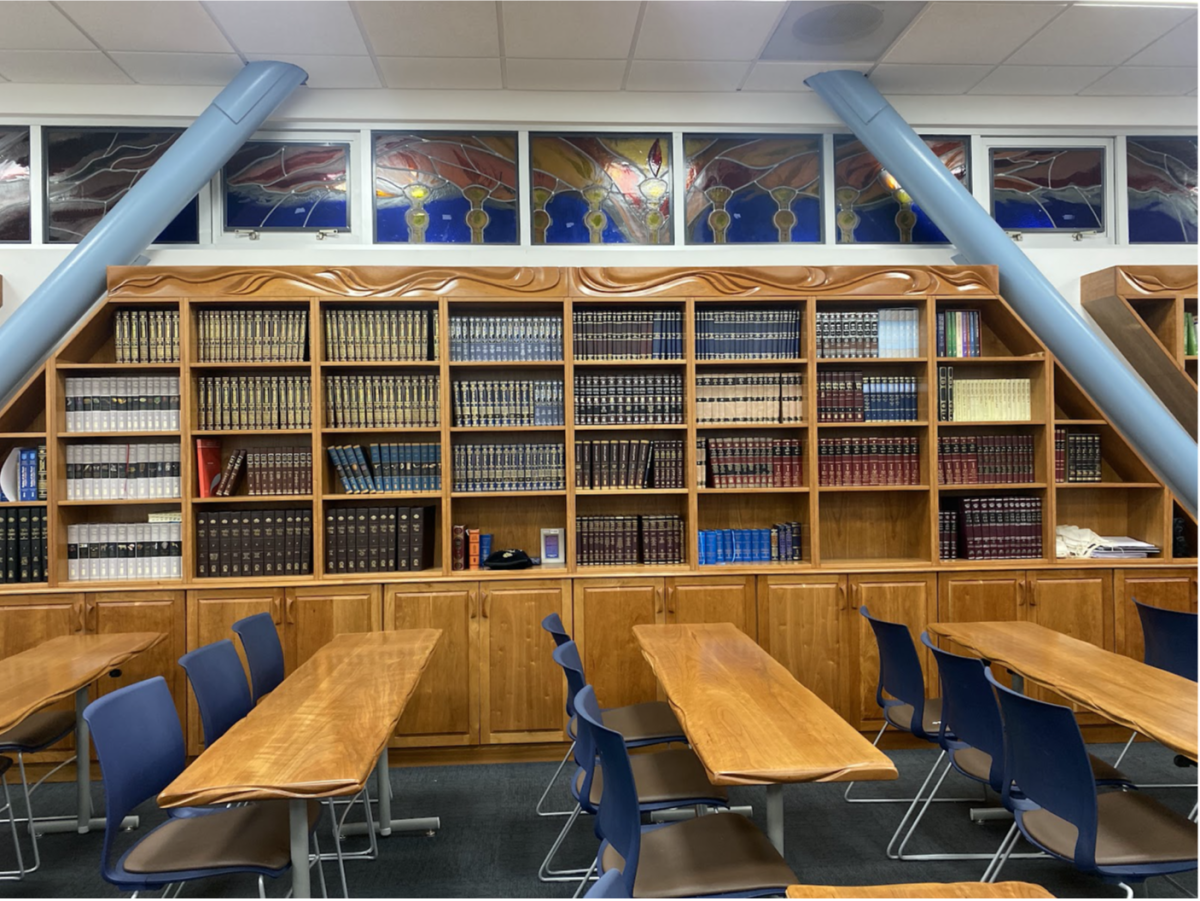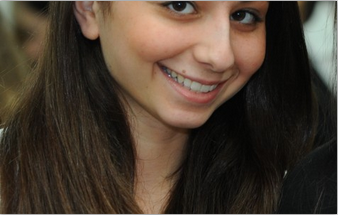Four questions:
How is shmura matzo different from all other matzo?
Why is shmura matzo the only matzo used during the Pesach seder?
Why does shmura matzo taste different from all other matzo?
Why is shmura matzo so much more expensive than other matzo?
And finally, if it is the only “real” halachic matzo, then why isn’t shmura matzo the only matzo we can have during all of Pesach?
These may not be sung out loud by your youngest sibling or cousin, but in case you’re wondering, according to Shalhevet Judaic Studies teachers the answers would not take a whole evening to explain anyway.
Shmura matzo – literally, matzo that is “guarded” — is matzo whose ingredients have been carefully watched to ensure that no water touches the flour from the time the wheat is first harvested until just before it is baked.
Most authorities consider It the only matzo allowed for fulfilling the mitzvah of eating matzo on the seder night.
“That is because when it is made, someone has in mind that this should be used for a mitzvah,” said Judaic Studies teacher Rabbi Rodney Feinerman.
On all other days of Pesach, he explained, there is no actual obligation to eat matzo – only an obligation not to eat chametz, — anything that is leavened. Therefore, he said, less carefully guarded machine-made matzo will suffice.
“Some choose to eat only shmura matzo during all of Pesach because they want to enhance the mitzvah,” Rabbi Feinerman said. “That is called a kiyum mitzvah, an enhancement of the mitzvah.”
On a spiritual level, shmura matzo seems to be different because of the mindset of the bakers.
“I think the meaning behind the extra vigilance lies in the intent,” said Jewish History teacher Mr. Jason Feld. “It is the idea that this grain is destined for Pesach from the earliest time possible.”
Because it takes so much care and attention, companies that produce shmura matzo start working on it long before Pesach – in some cases, just after Sukkoth is ended.
“Since most companies need to make the matzo early in order to produce massive quantities, the matzo that you eat during your seder is likely to be old” Rabbi Feinerman said.“
And the constant supervision, even of the wheat in the field, is what makes it more expensive, Rabbi Feinerman said. Handmade shmura matzo costs $15 to $20 a pound, compared to about $1 a pound for machine-made non-shmura matzo.
Shmura matzo can be either machine-made or handmade. Most companies producing the handmade shmura matzo are located in Israel, while machine-made brands can come from Israel or New York, made by large companies such as Yehuda Matzot and Maneschewtiz.
“Traditionalists like the handmade kind,” Mr. Feld said. “Its appeal is the tradition. The message is the idea that the individual is responsible for these ingredients from the beginning to the end.”
People have different preferences for their own reasons. Some say the machine can’t be trusted for time accuracy, and therefore they only eat handmade matzo. Others believe the opposite — that the machine actually increases the likelihood that the matzo is made quickly, in less than 18 minutes start to finish.
As to the taste, handmade round shmura matzos get mixed reviews, from those who love it to those who call it “cardboard.”
“I think people feel more authentic by saying they like shmura matzo more,” Judaic Studies teacher Mr. Weissman said. “But really, they don’t.








